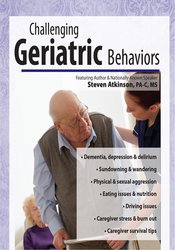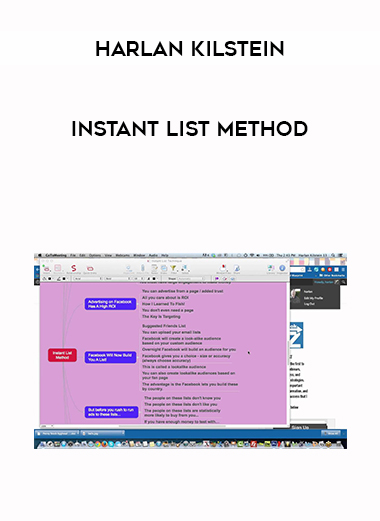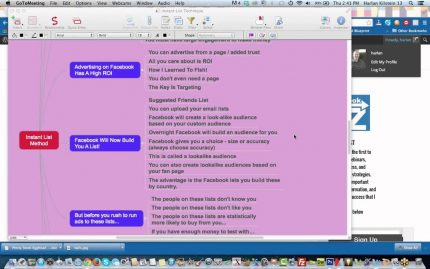
This is the best recording on challenging geriatric behaviors that you will ever attend – GUARANTEED!
Watch Steven Atkinson, PA-C, MS, nationally-known expert, author and speaker on geriatrics for a high-energy, dynamic recording filled with interesting case studies, insightful discussions and interactive learning. You will leave this recording with practical techniques that you can apply the next day! Dealing with cognitively-impaired geriatric patients can be challenging even for the experienced healthcare professional.
You will learn strategies to manage behaviors such as:
- Dementia
- Aggression
- Anxiety and depression
- Refusal of food and fluids
- Inappropriate sexual advances
If older adults are routinely under your care, minimize your risk of escalating the problems associated with troublesome, often irrational behavior by attending this program. Gain valuable insights into the causes of challenging geriatric behaviors and learn innovative and practical intervention strategies to improve the care you provide.
- Develop strategies to manage difficult behaviors in seniors who have an altered perception of reality.
- Identify the signs and symptoms of Alzheimer’s Disease and other dementias.
- Discuss current research on the prevention of Alzheimer’s disease, as well as lifestyle factors to slow the disease progression.
- Summarize the safety issues associated with geriatric patients who drive and identify individuals who pose a safety threat.
- Explain why wandering occurs in individuals with cognitive impairment and develop strategies to minimize or redirect this behavior.
- Describe the environmental and behavioral causes of agitation.
- Differentiate between appropriate and inappropriate sexual behaviors in individuals with dementia.
- Distinguish between normal sleeping patterns and bedtime issues which could lead to increased health problems.
- Analyze the physical and psychological changes that affect an elder’s desire and ability to eat including the changes in nutritional requirements.
- Identify the signs of caregiver stress and develop intervention strategies to prevent burnout.
Normal Aging, Dementia, Depression or Delirium
- Normal aging changes of the mind
- Depression, dementia, and delirium
- Alzheimer’s disease and other dementias
- Diagnose, differentiate, and develop a plan of care
Alzheimer’s Disease
- Stages
- Assessment
- Getting a diagnosis
- Behavioral issues of early diagnosis
- Management and interventions
- Pharmacological treatments
Driving with Dementia
- Driving safety
- Legal issues
- Assess driving abilities
- How to take the keys away
Wandering
- Reasons why cognitively impaired individuals wander
- Is wandering a bad thing?
- Issues to consider
- Manage a wanderer’s behavior
Physical Aggression
- Identify the cause of aggression
- Loss of impulse control
- Regression of the mind/child-like mind
- Manage the problem
Inappropriate Sexual Behaviors
- Normal sexual drive or inappropriate behavior
- Cognitively impaired individuals
- Medication management
- Ethical considerations
Refusing to Eat/Forgetting to Eat
- Reasons why geriatric patients slow or stop eating
- Nutritional needs in a geriatric patient
- Improve nutritional status
- Malnutrition and dehydration
- Alternatives to eating
Sleepless Nights
- Sundowning and behavioral problems in the evening
- Why does sundowning occur?
- Environmental interventions to decrease aggressive behaviors
- Medication management when it becomes problematic
Caregiver Stress
- Physical, psychological, and emotional stress
- Identify caregiver burnout and ways to help
- Assist the caregiver
Other Issues
- Ways to identify potential falls and prevent injury
- Causes for orthostatic hypotension
- Ways to avoid using restraints
Case Studies: Learning from Experience and Mistakes
- How to manage sundowners
- Strategies to improve hygiene
- Reassurance and redirection


































Reviews
There are no reviews yet.